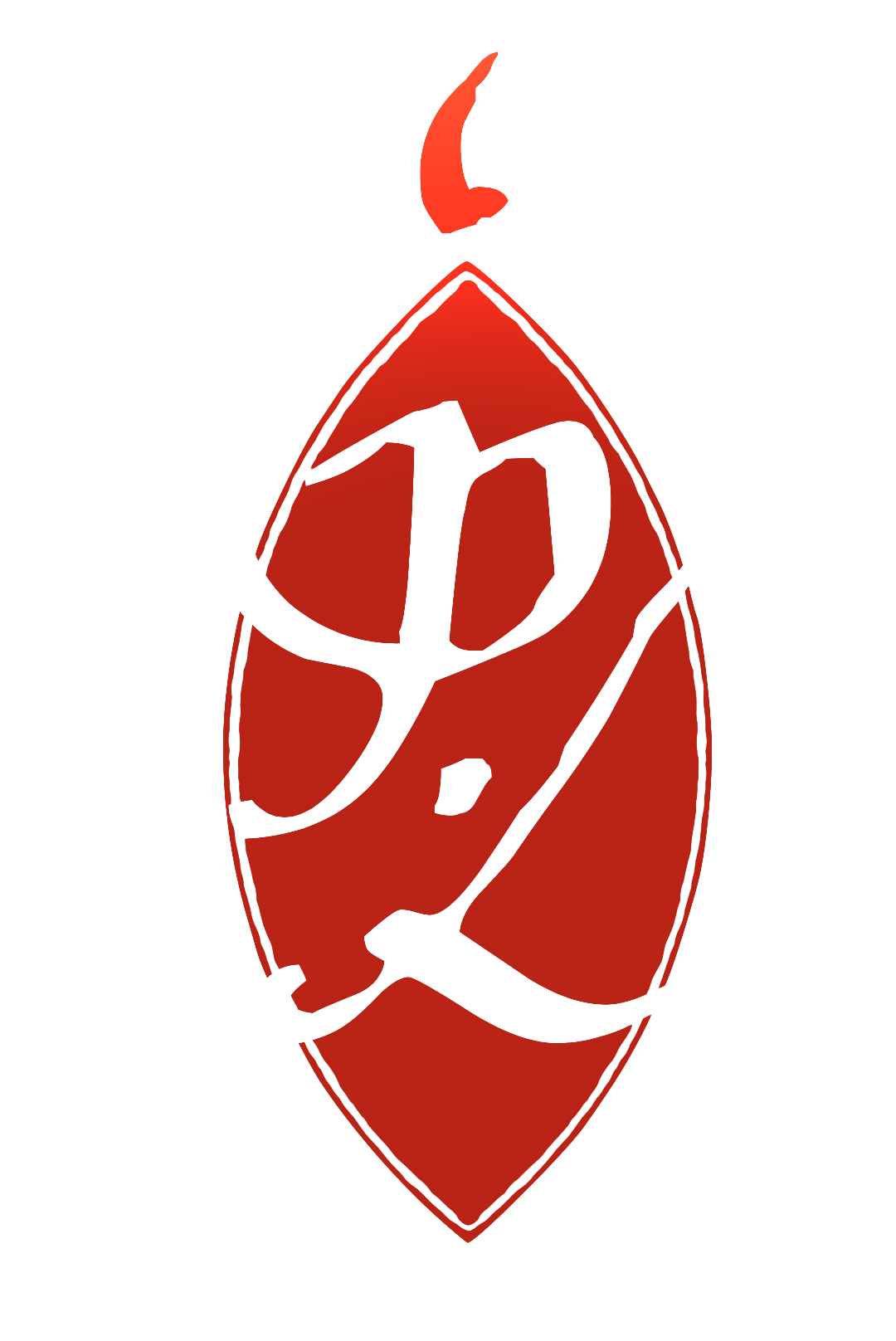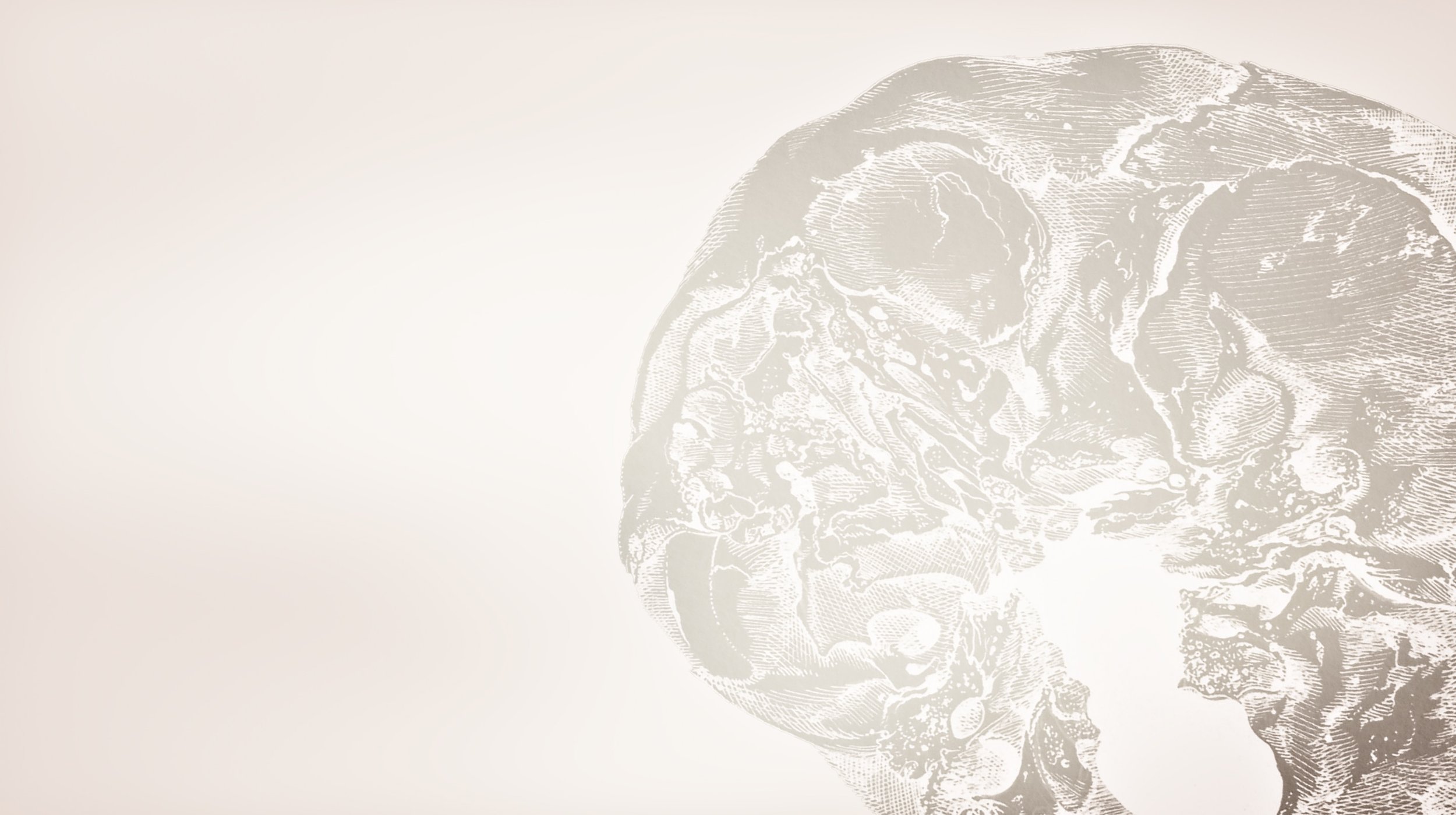
Paralibrum.
An independent home for bibliophile occulture

Scroll to read or search our library of book reviews.
By keyword, author, publisher or year.
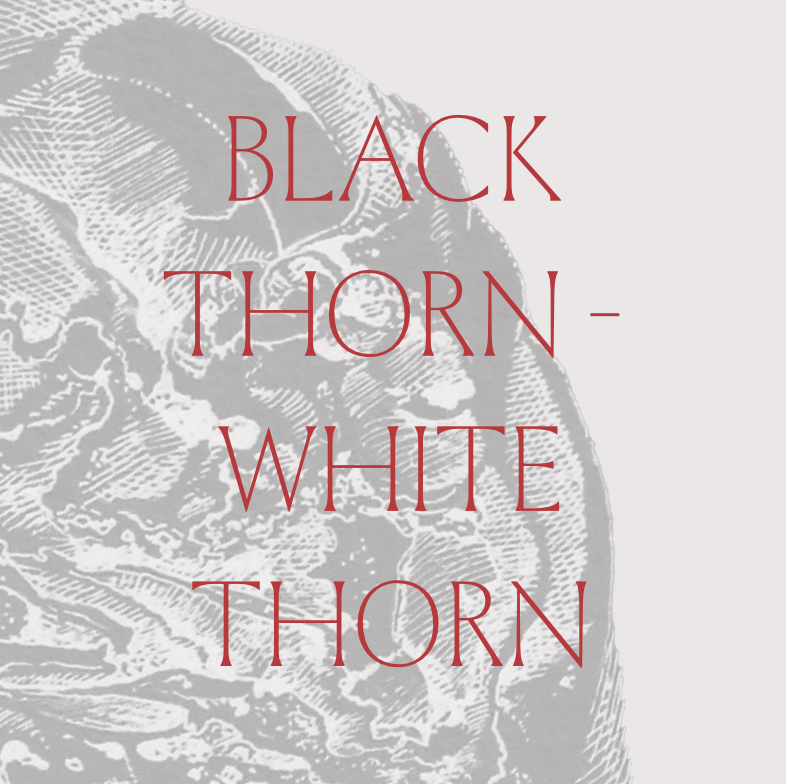
‘Blackthorn – Whitethorn’ by Nigel G. Pearson
The underscoring theme of Blackthorn Whitethorn is that precise in-betweenness, the position of not-this not-that (Sanskrit Neti-Neti), a concept and means of apprehending that is as elusive as the roebuck being pursued — or that pursues us — and as thorny as the entangled thicket. This concept — arguably a fundamental ethos of witchery — demands that we adopt an alternate way of approaching, through poetic inference; for it is ineffable in the truest sense, and thence a Nameless Art.

‘Cloven Country’ by Jeremy Harte
Cloven Country is several things at once; a travelogue of Devilish spoor, a meditation on the way landscape affects the human imagination; a historical feeling-out of folk-religiosity, word of mouth – and the way human changes in society and culture are reflected in the stories we tell ourselves.
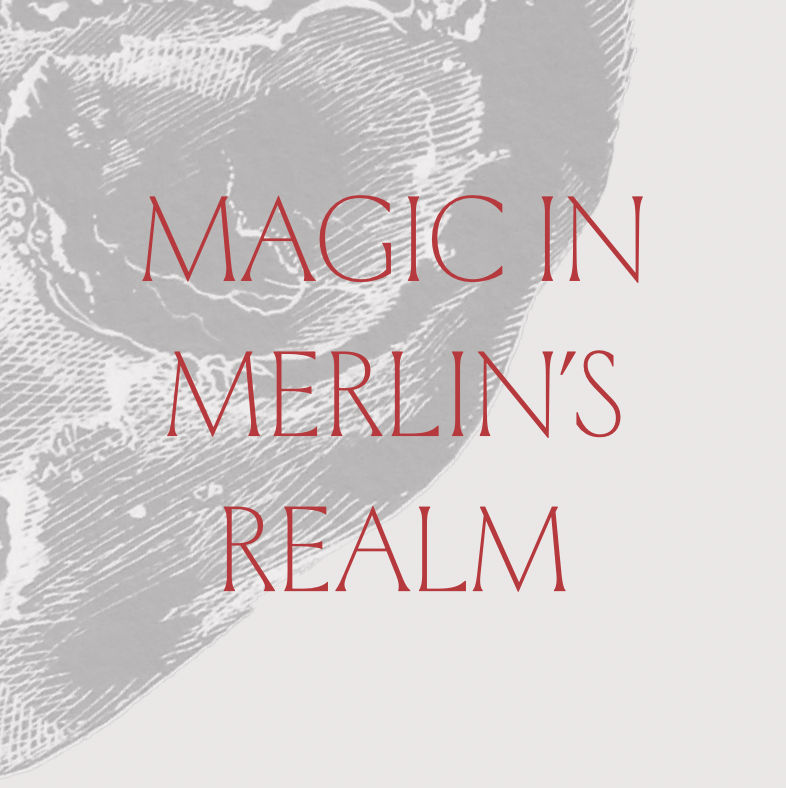
‘Magic in Merlin’s Realm’ by Francis Young
No matter one’s views on politics, monarchies and the like, this book may very well start one wondering who exactly benefits from the myth of disenchantment, while at the same time surrounding us with images and branding drawn from the wildest dreams of propagandists, spin doctors and advertisers.

‘Nazarth: Pillars of Gladness’ by Alexander Cummins
[…] As Cummins suggests, the calls and figures as a whole might be deployed for various sorcerous reasons. Yet if there is one thing that remains constant with poetry, it is the ardency with which it is performed that makes it so evocative – even spoken softly, gently, soothingly, in tones of intimacy and friendship, there must be enthusiasm.

‘Against the Grain’ by Prema Goet
I recommend the devouring of this book, and a warning of side effects may also seem in order. What we hold in our hands here is immensely valuable from multiple perspectives. From the modern goês’ vantage point, Prema Goet offers us a veritable anti-grimoire. A book that contains no grammar, but pure visual poetry.

‘Holy Heretics’ by Frater Acher
Frater Acher writes with very deliberate care for the reader. In a sense, this is a book about character, in terms of the symbols we use (and which also use us) to contour our perception and experience. It is also a study in contrasts, in order to explore what the author calls “the rainbow path” – which requires seeing through and behind caricatures. Whether those caricatures are those of the fanatical Christian extremist, the dissolute pagan, or the saintly hesychast, all are examined here with remarkable even-handedness.
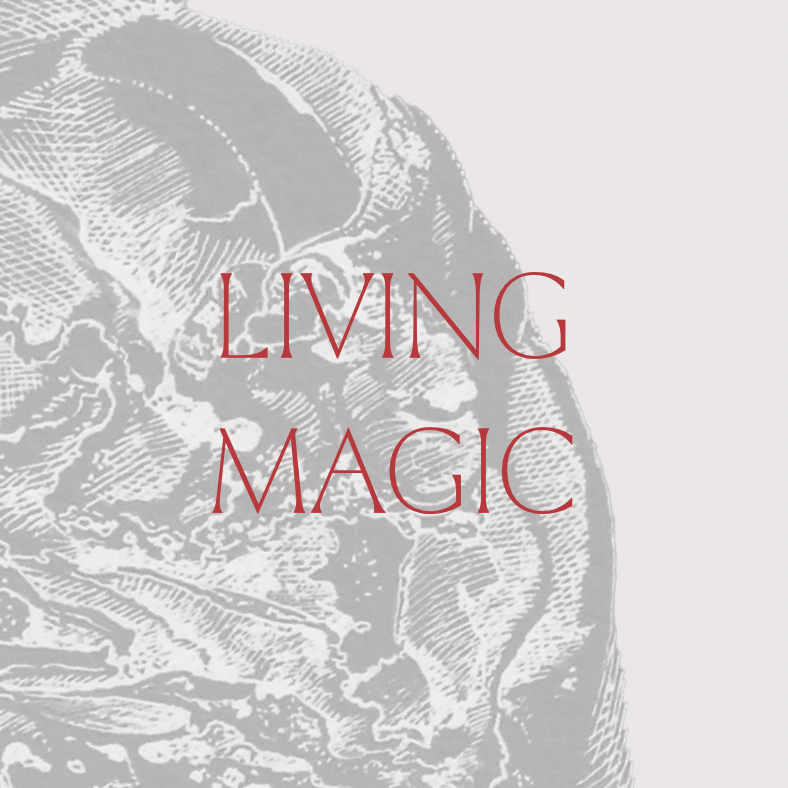
‘Living Magic: Contemporary Insights and Experiences from Practicing Magicians’ by Frater U∴D∴ et al.
Living Magic is a most unusual book, and yet it should not be. As its subtitle says, it is a book entirely entrenched in and geared towards magical practice. Specifically, it breathes the kind of magic that does not walk cloaked in centuries of tradition, in garments of cryptic symbols and dead languages, peacock-like strutting out in leather-binding and emblazoned in claims of ancient lineages. Instead Living Magic is epitomising the kind of magic that nakedly stares you in the face and bluntly punches you in the stomach.

‘Hermetic Spirituality and the Historical Imagination’ by Wouter J. Hanegraaff
Hanegraaff's voice is not the only voice present in his text. As an attempt to produce a new narrative, I am not qualified to judge its effectiveness, but perhaps as a spell, I would hazard that it is more successful than not, for it leads to contemplation, and from there, perhaps the logos may lead the reader to that seeming boundary-cum-precipice where the curved-beak smile and tip of the hat may be taken as an opportunity to do the work.
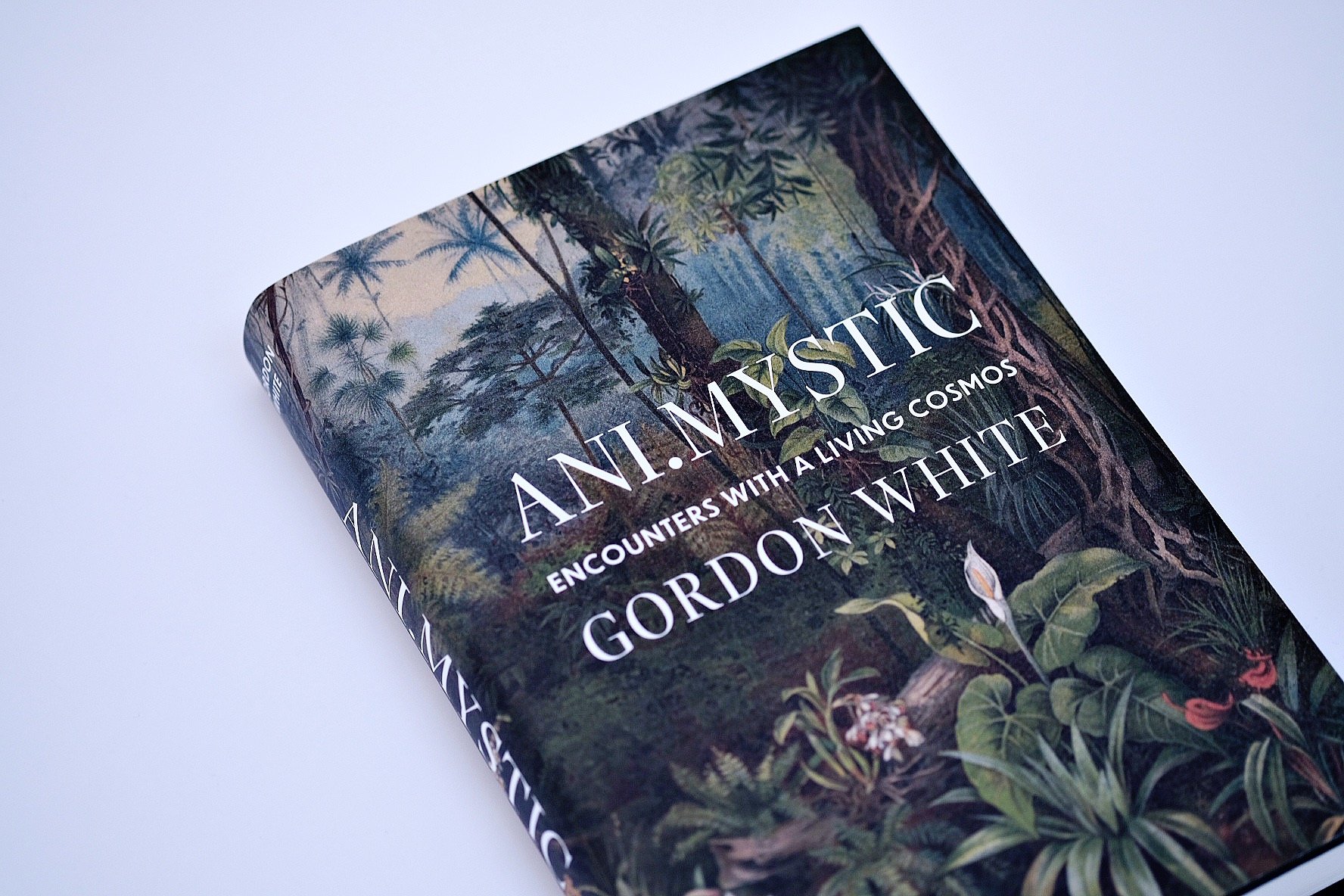
‘Ani.Mystic’ by Gordon White
Ani.Mystic is a beautiful and informative work. But to read it is to embark upon a densely woven encounter. The sheer variety of voices that contribute to its fabric do not obfuscate, in any way, its message. Rather, they serve to pitch a distinctly perspectival challenge to the reader, to ingrained habits of thinking and being […]. The quality of its prose and the logic underpinning its argument are, respectively, stylistically well-polished and thoroughgoing; the choice and use of its various interlocutors a treasure chest of sources and ideas.

